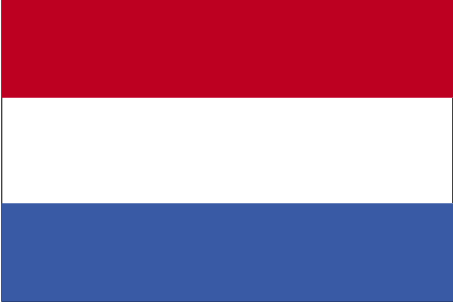Thailand United States Laos Australia Singapore Taiwan United Kingdom Japan Canada South Korea Malaysia Germany Hong Kong India Sweden Iceland France Belgium New Zealand Vietnam Netherlands Norway United Arab Emirates China Russia Israel Philippines Indonesia Cambodia Switzerland Italy Qatar Denmark Saudi Arabia Austria Ireland Egypt Finland Spain Czech Republic Kuwait Turkey Poland Greece Argentina Portugal Brazil South Africa Iraq Hungary Mexico Bangladesh Pakistan Romania Bahrain Morocco Macao Algeria Slovakia Sri Lanka Brunei Darussalam Oman Sudan Croatia Serbia Maldives Jordan Slovenia Ukraine Myanmar Lithuania Nigeria Bulgaria Colombia British Virgin Islands Tunisia Cyprus Madagascar Azerbaijan Nepal Georgia Malta Peru North Macedonia Luxembourg Chile Estonia Mongolia Albania Bosnia and Herzegovina New Caledonia Costa Rica Syria Lebanon Tajikistan Kazakhstan Yemen Guam Latvia Moldova Dominican Republic Ecuador Senegal Puerto Rico Kenya Suriname Greenland Venezuela Tanzania Guernsey Bolivia Libya Guatemala Seychelles Armenia Bermuda Ethiopia Afghanistan Uruguay Netherlands Antilles Palestinian Territory Haiti Reunion Ghana Papua New Guinea Mauritius Cameroon Belarus Trinidad and Tobago Montenegro Jersey Iran Mozambique Faroe Islands Vanuatu Honduras Solomon Islands Uzbekistan Liechtenstein Panama Guadeloupe Rwanda Uganda Jamaica Monaco Cayman Islands Zambia Cote D'Ivoire Botswana Equatorial Guinea Andorra Paraguay Angola Saint Kitts and Nevis Djibouti El Salvador Barbados Aland Islands Turks and Caicos Islands Niger Marshall Islands Kyrgyzstan Isle of Man Bahamas Fiji Mali Cabo Verde Liberia Guinea Somalia Zimbabwe Benin Martinique French Polynesia Aruba Timor-Leste Republic of the Congo Guyana Belize Sierra Leone French Guiana Burkina Faso Northern Mariana Islands Cuba Nicaragua Namibia Vatican City Togo Saint Lucia Netherlands Flag Meaning & Details 845 VISITORS FROM HERE! Netherlands Flag Flag Information three equal horizontal bands of red (bright vermilion top), white, and blue (cobalt) similar to the flag of Luxembourg, which uses a lighter blue and is longer the colors were derived from those of WILLIAM I, Prince of Orange, who led the Dutch Revolt against Spanish sovereignty in the latter half of the 16th century originally the upper band was orange, but because its dye tended to turn red over time, the red shade was eventually made the permanent color the banner is perhaps the oldest tricolor in continuous use
Learn more about Netherlands » CIA - The World Factbook
 Previous Country | Next Country
Previous Country | Next Country  » Back to Flag Counter Overview
» Back to Flag Counter Overview
 Previous Country | Next Country
Previous Country | Next Country  » Back to Flag Counter Overview
» Back to Flag Counter Overview